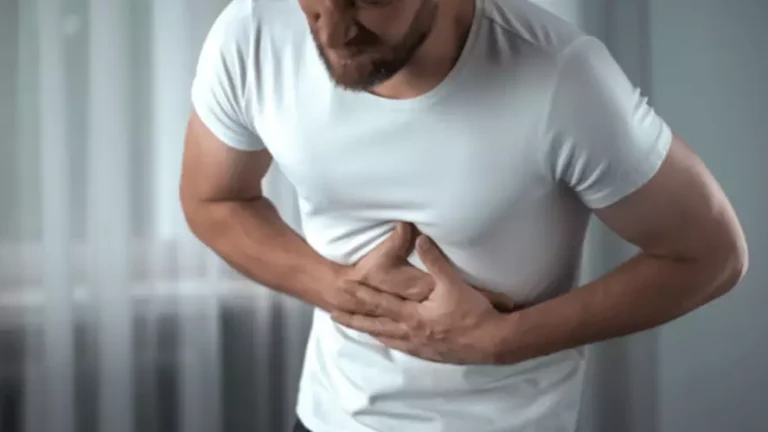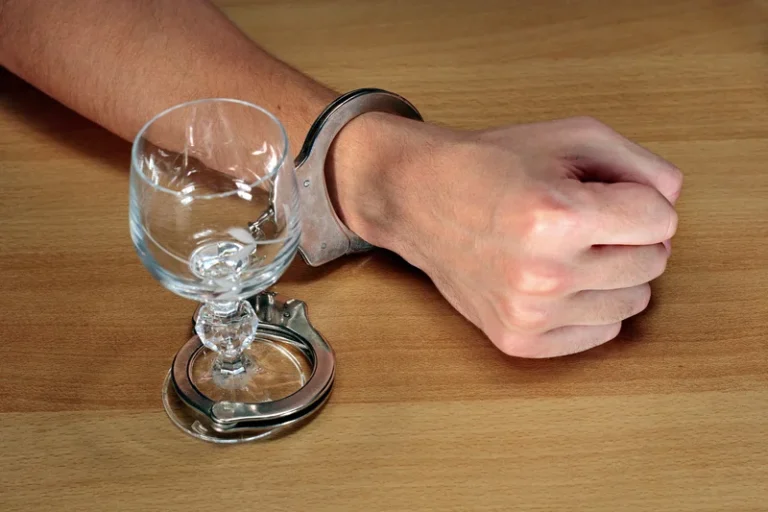
Early intervention is essential in addressing substance use disorders before they escalate into more severe conditions. The prevalence of co-occurring substance use and mental health disorders in the United States is alarmingly high. Substance use disorder (SUD) is a treatable mental disorder that affects a person’s brain and behavior, leading to their inability to control their use of substances like legal or illegal drugs, alcohol, or medications. Symptoms can be moderate to severe, with addiction being the most severe form of SUD. Equally, going through trauma can lead to an alcohol use disorder, whether or not you develop PTSD.
- But, unfortunately, sometimes traumatic events in childhood can negatively impact a person’s sense of safety and belonging.
- Of the 2,493 participants, about 16% were exposed to at least one qualifying traumatic event.8 Of this group, about 8.4% developed PTSD.15 Also, individuals who met criteria for PTSD were more likely to report alcohol-related problems than those who did not meet PTSD criteria.
- Studies report increases in veteran alcohol use after sexual abuse and/or sexual assault endured in combat.
- Between six and eight of every ten (or 60% to 80% of) Vietnam Veterans seeking PTSD treatment have alcohol use problems.
- In this section we describe the paroxetine and desipramine results and in the following section on AUD medications we cover the naltrexone results.
Integrated Behavioral Treatments
Successful AA members usually become sponsors once they have been senior members in recovery for at least a year. A sponsor is a confidante with essential lived experiences and can be called 24/7 for help. The statistics on co-occurring disorders emphasizes the critical need for increased awareness and prevention efforts. Information about NIMH, research results, summaries of scientific meetings, and mental health resources. The latest information and resources on mental disorders shared on X, Facebook, YouTube, LinkedIn, and Instagram. Use these free digital, outreach materials in your community and on social media to spread the word about mental health.

Overview of PTSD and Substance Use Disorders
The comorbid presentation of PTSD and SUDs is remarkably common, and in comparison to patients presenting with either PTSD or SUD alone, PTSD/SUD patients often report greater functional impairment and experience poorer treatment outcomes –including treatment failure and dropout. Several mechanisms https://ecosoberhouse.com/ have been posited to explain the co-occurrence of PTSD and SUDs, including the self-medication hypothesis, the high-risk hypothesis, the susceptibility hypothesis. The most commonly used and recognized MAT for alcohol use disorders is naltrexone, taken orally or as an injection.

What’s the connection between CPSTD and addiction?
Moreover, each condition comes with its own set of distressing symptoms, so the situation can be quite tenuous when they occur together. CPTSD is a subtype of PTSD that develops in response to prolonged, repeated traumatic experiences, typically lasting months or years. Addiction to alcohol and PTSD (Post-Traumatic Stress Disorder) are very commonly present together as those who have experienced trauma often turn to alcohol to numb their pain. Drinking as a coping mechanism is a form of avoidance, and this can mean that you only prolong your symptoms. Most people with PTSD have an urge to avoid any memories or flashbacks of the trauma.
Managing Withdrawal Symptoms
However, some research has examined the prevention of PTSD or AUD separately in this population, which could inform the prevention of comorbid PTSD and AUD. Substance abuse and mental health issues are a big concern in the United States. Many people with drug or alcohol problems also have mental health issues, which is known as a dual diagnosis ptsd and alcohol abuse or a co-occurring disorder. Researchers at NIMH and around the country conduct many studies with patients and healthy volunteers. We have new and better treatment options today because of what clinical trials uncovered years ago. Talk to your health care provider about clinical trials, their benefits and risks, and whether one is right for you.

Statistics on Substance Abuse & Co-Occurring Disorders
- As the depressive symptoms become worse, people with PTSD might feel the need to drink even more.
- HHS Assistant Secretary for Mental Health and Substance Use Miriam E. Delphin-Rittmon applauded the fact that more people receive treatment in a statement and said the overall data “provides an opportunity to identify and address unmet health care needs across America.”
- If you’re struggling with alcoholism and PTSD, American Addiction Centers (AAC) can help you find treatment.
- There are differences in retention rates both across conditions and study time frames; those in the 12-week study duration had better retention on placebo but the opposite was found in the 6-week study duration.
- If you or a loved one has developed PTSD after a traumatic event and also struggles with alcohol abuse, we’ve compiled some information about the relationship between PTSD and alcohol.
- The lifetime prevalence of severe AUD was about 14%, and the past 12-month prevalence was more than 3%.
